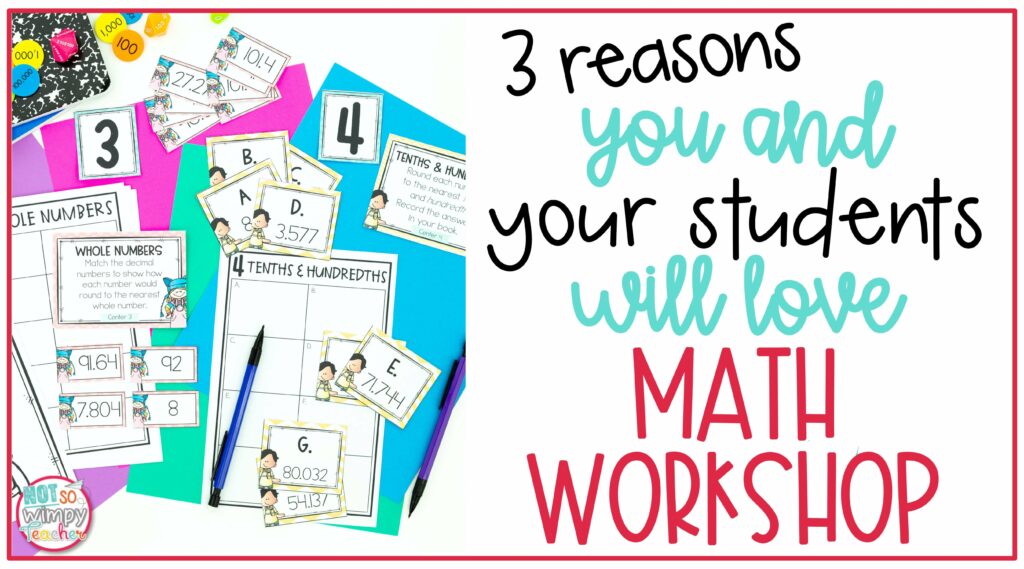
The start of a new school year is a great time to change things up in the classroom. But you don’t want to change things just to change them. Rather, you want to make changes that will contribute to effective learning and help keep students engaged. Not only does it make school more fun, but it also cuts down on behavior problems. One great change to help you meet these goals, if you aren’t doing it already, is adding math workshop.
You are probably familiar with reading workshop and writing workshop. After a quick whole group lesson students spend the majority of time working independently on a specific task while the teacher meets with small groups of students.
But did you know that the workshop method also works for teaching math? In fact, math workshop is my favorite way to teach math. It helps keep students engaged in learning and makes it easy to differentiate lessons. It also makes it easy for teachers to see what their kids are learning each day.
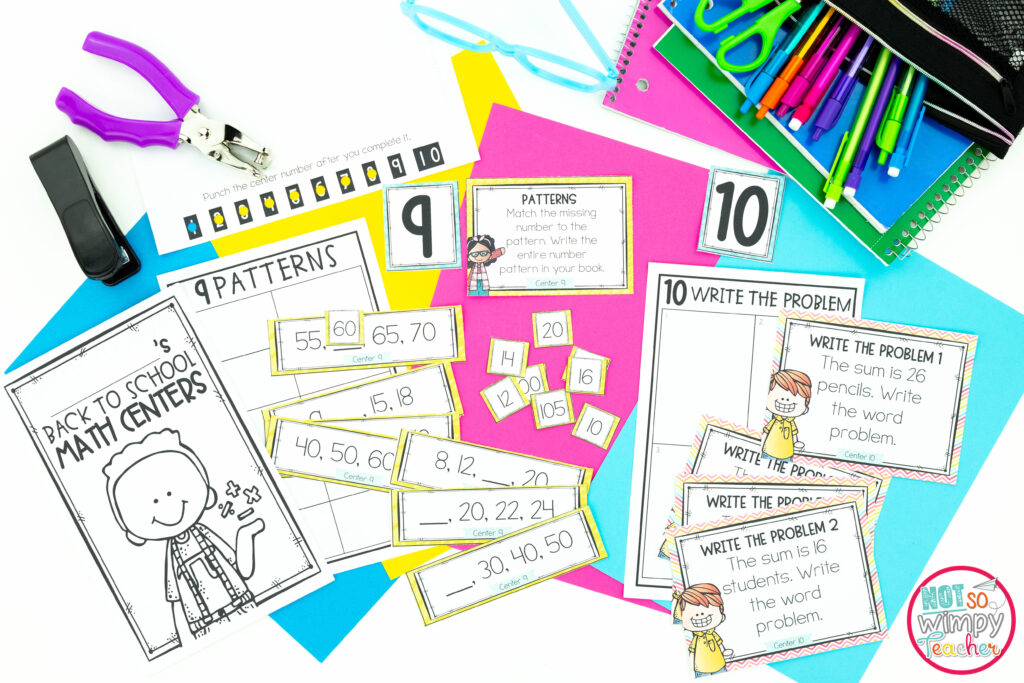
What is Math Workshop?
Math workshop is a simple way to structure your math instruction. There are four parts to math workshop: a mini-lesson, student math centers, small teacher-led groups, and sharing time. You will need at least an hour to teach math with the workshop model; and, 90 minutes is even better.
Math workshop starts off with a whole group mini lesson. You can use whatever curriculum your school uses. This is where you will be introducing new vocabulary and concepts and modeling how to use strategies and/or solve problems. The mini lesson should be about 20-30 minutes.
Then you move into small groups and centers. During this time the teacher meets with a small group of students and the rest of the class rotates through centers where they work independently to practice new math skills. You will want to have about 40-60 minutes for this part of the workshop.
Finally, math workshop concludes with a quick time to share. You really only need a minute or two to share in math. If you are short on time, try a partner share: “Give your partner an example of a quadrilateral.” You can also use exit tickets, a group share on whiteboards, or use math problems to dismiss kids. This ensures that every child has a chance to participate and summarize what they learned.
Don’t worry if all that sounds like a lot. Over the next few weeks, we will go into more detail about the different components of math workshop.
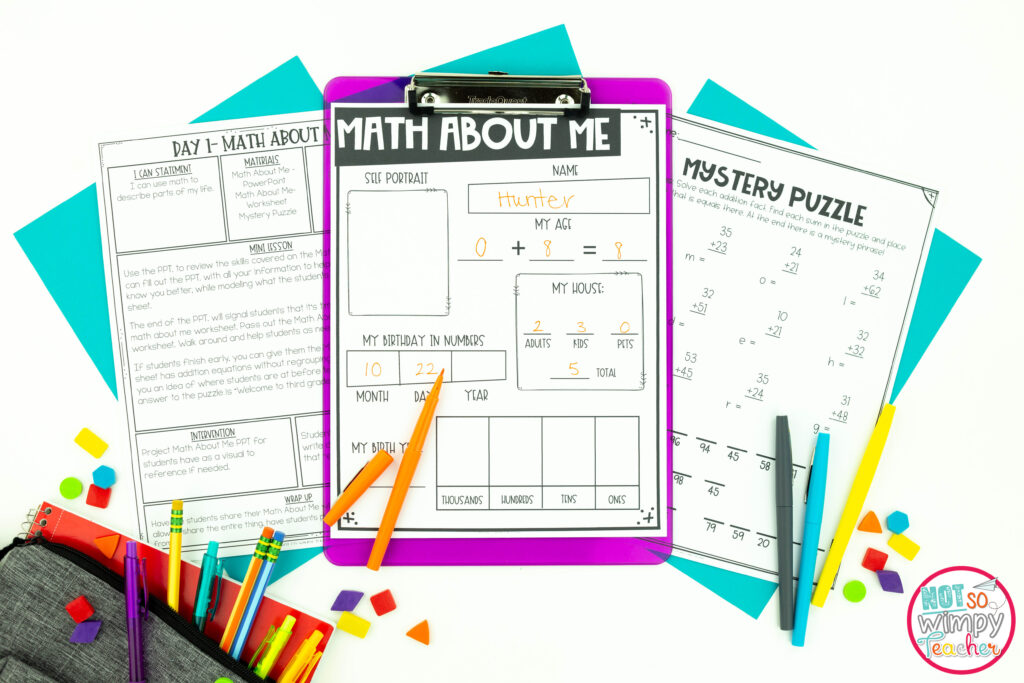
Why Should I Try Math Workshop?
Math workshop has many advantages.
1. Differentiation is easier with the workshop model.
Meeting in small groups makes it possible to give students much more personalized attention. You can more easily see how much they understand and identify misconceptions. In a small group, it is also possible to see how everyone is using manipulatives and to offer individual assistance and feedback.
When you group students by ability, you can make sure you meet the needs of each group. Not every student in your class is at the same level of math understanding. But guided math groups ensure that both advanced and struggling students can succeed and grow.
2. Student engagement increases.
I vividly remember sitting in math class in fourth grade and completing page after page after page of long division. Some days we had dozens of problems to solve. Just thinking about it makes my head hurt. There is nothing more boring than being stuck at your desk doing never-ending math worksheets.
With the workshop model, students can get up out of their seats and move around. During centers, they work on hands-on activities, like sorting, matching, and playing math games. Movement is good for their bodies and their brains. And students are having fun, which makes them work harder. But the math activities are all rigorous and designed to help them meet the standards.
3. Math workshop makes ongoing assessment easy.
When you meet with small groups you can easily identify strengths and struggles on a daily basis. It’s easy to keep track of what strategies students have mastered and which ones continue to cause confusion.
This informal ongoing assessment makes it much easier to identify mistakes early and ensure you are teaching exactly what students need on any given day. It also helps guide lesson pacing. If you see that everyone in the class has mastered rounding (not likely), you can speed up your instruction. There’s no use using your valuable instructional time to teach something your students already know.
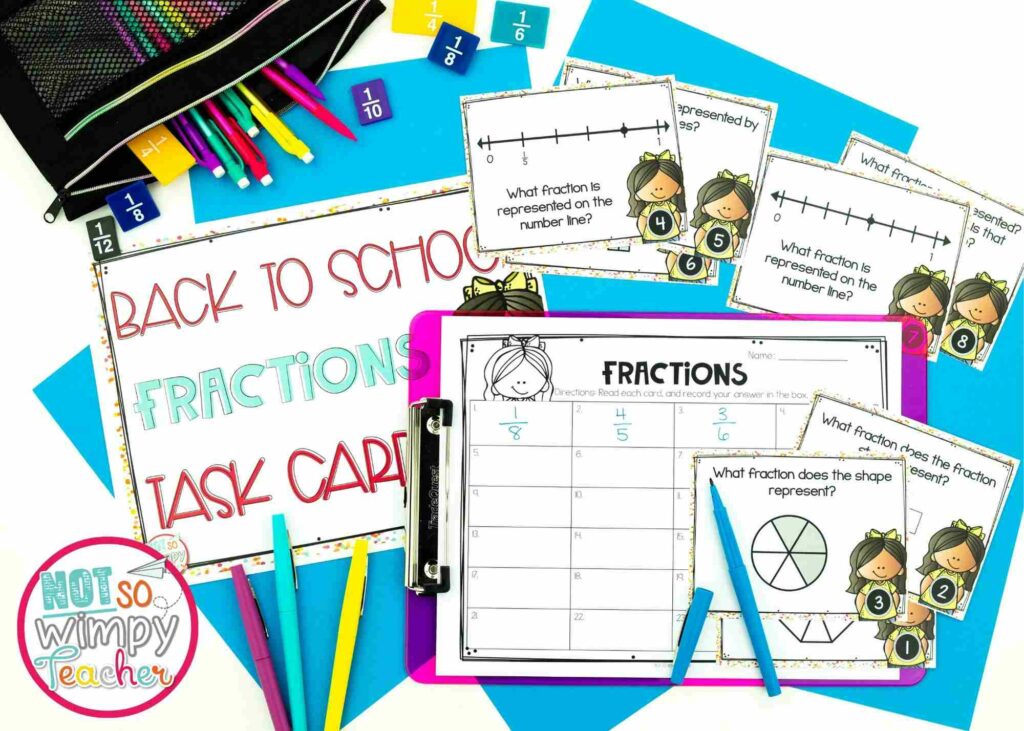
Done-for-you Math Curriculum
I love that math workshop works with any curriculum. Since math workshop is a method of instruction, you can deliver any content using the workshop model.
But . . . if you are a looking for fun, engaging lessons that are easy to prep and deliver and that include everything you need to teach math, I have a great news for you!
We have complete math bundles with a full year of lessons, activities, assessments and more for grades 2-4. These full year curricula each include 10 units covering all of the essential grade-level standards. And they work perfectly with math workshop.
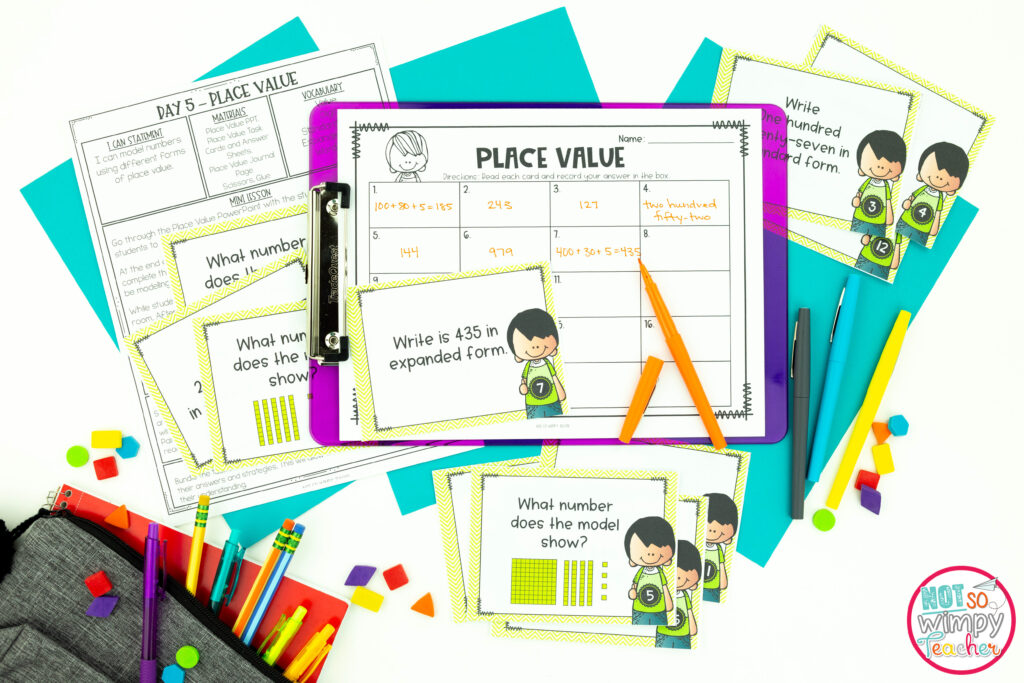
These units include everything you need to teach math. Each unit contains a pre-assessment, an “At a Glance” lesson planner, vocabulary cards, daily lesson plans, a PowerPoint mini lesson for each day, student problem sets and homework, guided math activities to be used during small group time, and exit tickets for every lesson. We’ve also included anchor charts and helpful tools like hundreds charts, skip counting charts, and number lines to help make teaching easier.
Each unit also comes with a board game and task cards! And, of course, there is an assessment with questions modeled on various state standardized tests. Each assessment also comes with a rubric that makes it is easy to see which skills students have mastered.
We designed these units to create a comprehensive math curriculum. And the variety of activities in these math units are perfect for math workshop. You’ve got a ready to go mini-lesson, lessons for small group instruction, a variety of activities that you can use for independent work and centers, and exit tickets for share time.
Shop This Post
But if you’re looking to make your life even easier, and want to add additional math centers to your routine, you can find our ready to use math centers in my store.
Shop This Post
Starting Math Centers Guide
I even put together a helpful guide to help you get started with math centers. This starting math centers guide includes everything you need to get math centers up and running in your classroom with ease. There are:
- 8 days of math center lesson plans
- teacher table activities
- math center schedules; and
- anchor charts.
Get started with math centers today. Grab the Starting Math Centers Guide here.
A Math-a-Magical Math Workshop

I’m sharing all my BEST secrets to make your math workshop magical!
I’ve created an online professional development course for teachers in grades 2-5 to help transform your math block from average to awesome! The Not So Wimpy Math Masterclass is my math-a-magical solution to an easy and effective math workshop.
In the course I’ll show you how to easily and effectively run a modern math workshop that will transform your students into confident, thriving mathematicians.
You’ll learn how to:
- Use your time – both your plan/prep time and your class time – more efficiently
- Keep kids engaged in learning throughout the entire math block
- Easily provide differentiated lessons that meet the needs of ALL your learners
- Help students develop a deeper understanding of math concepts as they play and experiment with finding solutions
Basically, I’ll show you how to make your math block awesome!
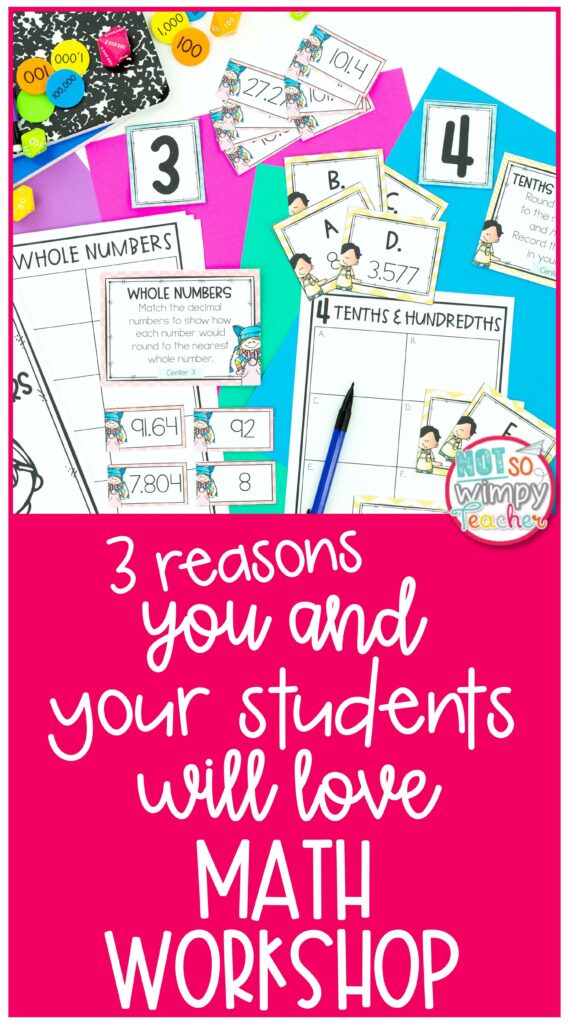
Have a Not So Wimpy day,


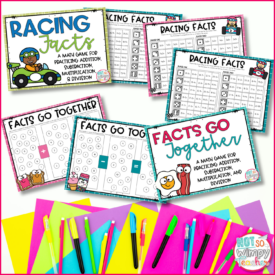
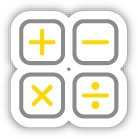
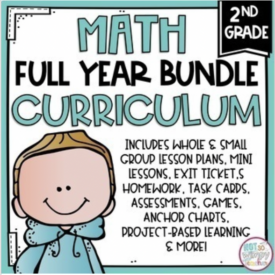
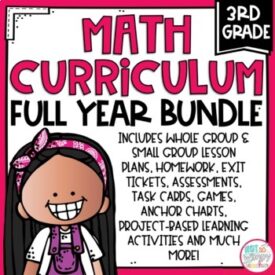
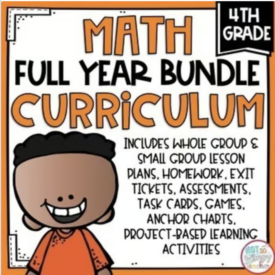
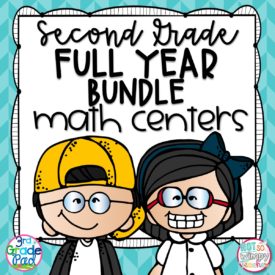
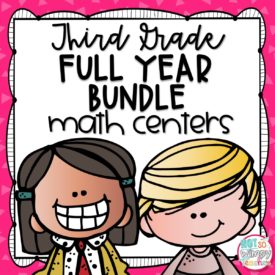
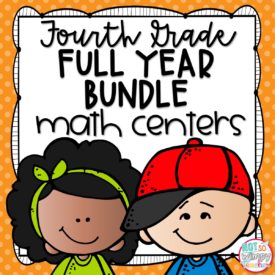
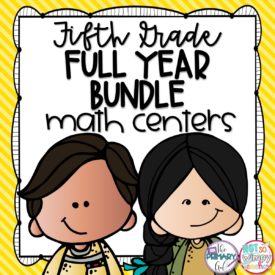
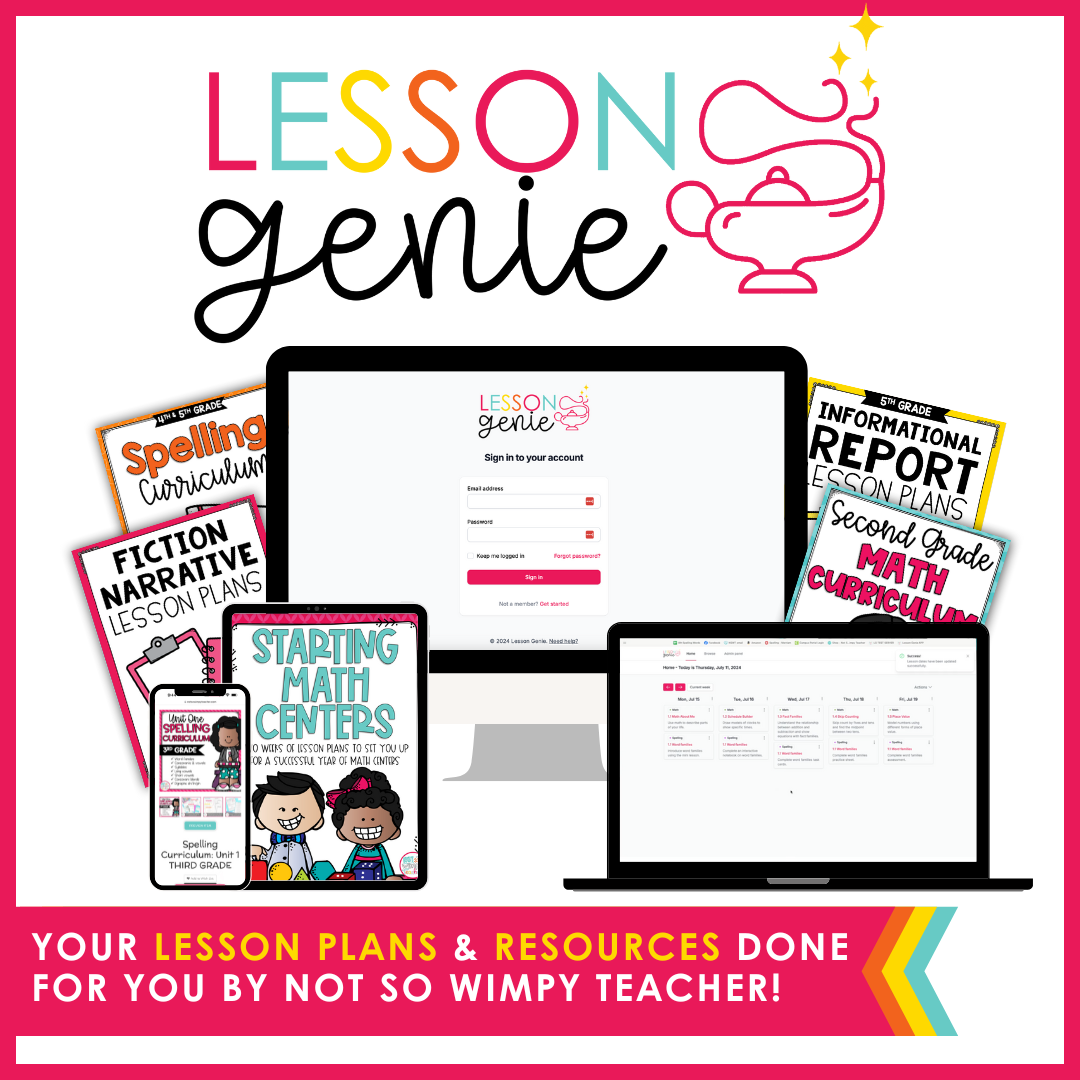
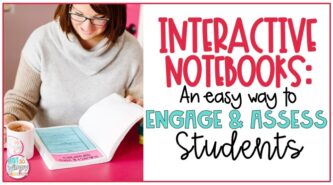
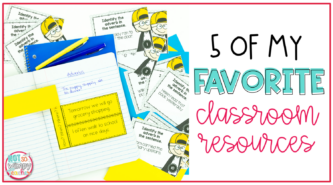
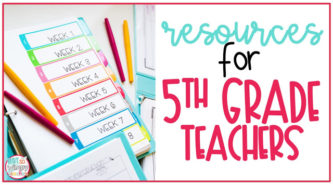
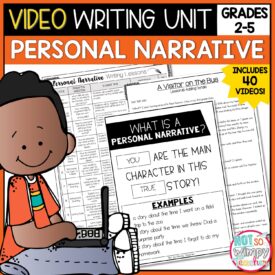
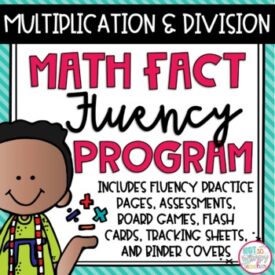
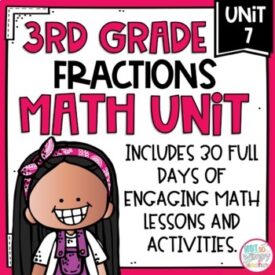
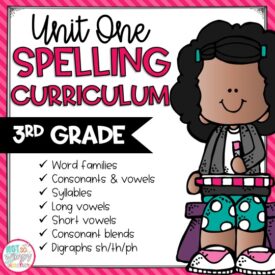


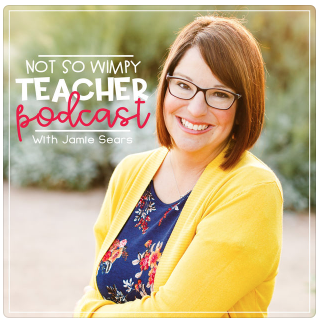




 End of Year Carnival Week for grades 2-5!
End of Year Carnival Week for grades 2-5!
Your blog posts on math centers have been a great resource for me this year as our district has tackled math centers daily in 3rd and 4th grade. We have struggled to make them manageable, effective and efficient but your post are helping to guide us through the difficult transition! Thank you!
I’m glad to hear the blog posts have been so helpful! Stick with it, using math centers is definitely worth it!
Do you plan to release a 5th grade curriculum? I desperately need it. If not could you point me in the direction of one you like?
Hi Nicole,
Thank you for your question. We are currently finishing the 4th grade curriculum and will move to other grades in the future.